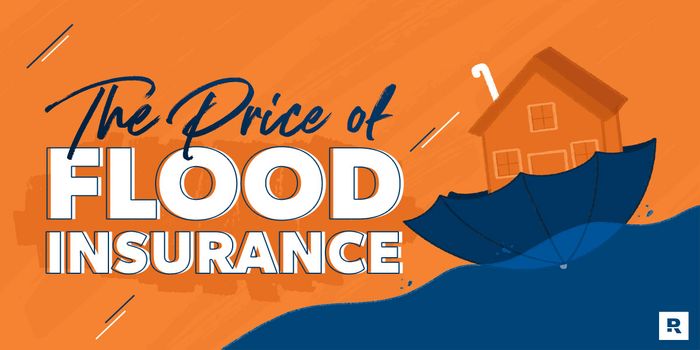Any cost arising during a business's regular, everyday activities is considered an operational expense. OPEX, or operational expenditures, are something that managers of all sizes and types of businesses want to keep down.
However, operational costs are integral to running a company and cannot be reduced. Business owners can benefit from knowing the specifics of these costs to make informed judgments about where to make reductions.
The Difference Between Fixed and Variable Operating Costs

Businesses typically incur two types of expenses: fixed costs and variable costs. Both are crucial to the day-to-day functioning of any business. However, there are fundamental distinctions between them. When analyzing a business, it is important to identify the fixed expenses that will always be deducted from the profits.
These are recurring expenses. Therefore a business has no choice but to budget for them. These costs are reasonably predictable since they are unrelated to output and rarely change. Insurance, property taxes, and salary all fall under fixed costs.
When manufacturing slows down, the reverse is true. Changes in the economy and the financial system, as well as any company reorganization, can impact here. Expenses like those for utilities are included here.
Regular Operating Costs
Operating costs include salaries and advertising, but costs are also unique to certain types of enterprises or sectors. But the magnitude of these costs might change significantly depending on the company's size and sector. Payroll costs account for a sizable portion of every business' overhead.
The term "compensation" encompasses more than just monetary compensation and includes commissions, pension plan contributions, and other perks. Common situations that call for outside help include working with a freelancer, fixing leaky plumbing, or bringing in a CPA to clean up the books.
Price of Goods Sold

In certain businesses, the cost of items sold is also counted as an operational cost. We might mention direct labour and production facility rent as an example of operating expenditures.
Companies may include operating expenses like property taxes on manufacturing buildings, maintenance of production facilities and equipment, and the cost of direct materials when calculating COGS.
Many businesses overestimate their operational costs at the end of the year in the hope that this would leave them with enough money to cover their expenses in the following year.
Administrative vs. Operating Expense
The major distinction between operating and administrative costs is that the former is often tied to the divisions responsible for creating goods and services, while the latter is more generic and can affect any business area.
As an illustration, administrative costs may include salaries for support staff like secretaries and receptionists. Common office expenses such as postage, phone service, and office supplies are not considered operational costs. These kinds of outlays are instead classified as "administrative charges."
The Difference Between Fixed and Variable Expenses
Managers separate operational costs into fixed and variable categories to better understand their impact on the business. Management would benefit from this format since it clarifies the nature of the expenditure.
While the amount spent on fixed costs does not change regardless of output, the amount spent on variable costs fluctuates. Rent, lease payments, and insurance premiums are all fixed expenses, whereas wages, supplies, and commissions all fall under variable costs.
It is important to remember that the same type of operational expense can be both a fixed and a variable cost depending on the circumstances.
How Do You Define Operating Costs?
Expenses that arise from running a company are known as "operating costs." The nature of the firm usually determines whether these expenses are constant or variable. Rent, insurance, marketing, and salaries are just a few of the most typical business operational expenditures.
How Do You Figure Out Operating Costs?
Accounting, payroll, insurance, marketing, repairs, utilities, insurance, and any other expenditures incurred by the firm can be added together to arrive at the total operational expenses.
What Are Non-Operating Costs?
Non-operating expenditures can be categorized as "other" rather than "normal" operational expenses. Expenditures like these aren't as essential to a business's day-to-day functioning as operational expenses are. Expenses not directly connected to running the business, including paying off debt and paying for any necessary restructuring.
Summary
While running costs can include a wide variety of things, including but not limited to outside labour payments, the cost of items supplied, and business expenditures necessary to win new business, these three categories tend to have the most impact on a company's bottom line.




